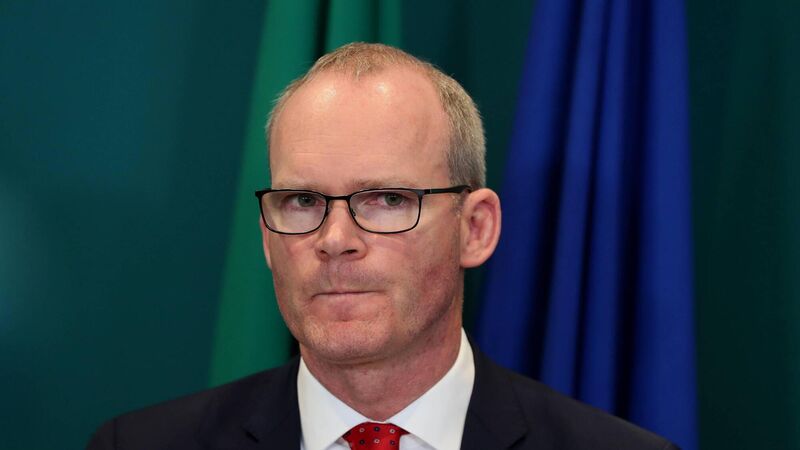Ireland facing 'bad or very bad' trade future with UK after Brexit

Ireland is facing a tough trade future with the UK, foreign affairs minister Simon Coveney has warned. File Picture
Ireland is facing into either a “bad or very bad” trade future with the UK from January 1, Foreign Affairs Minister Simon Coveney is warning.
Mr Coveney has said at least €1bn will be needed in next month’s budget to prepare the country’s businesses to cope with the impact of Brexit.










